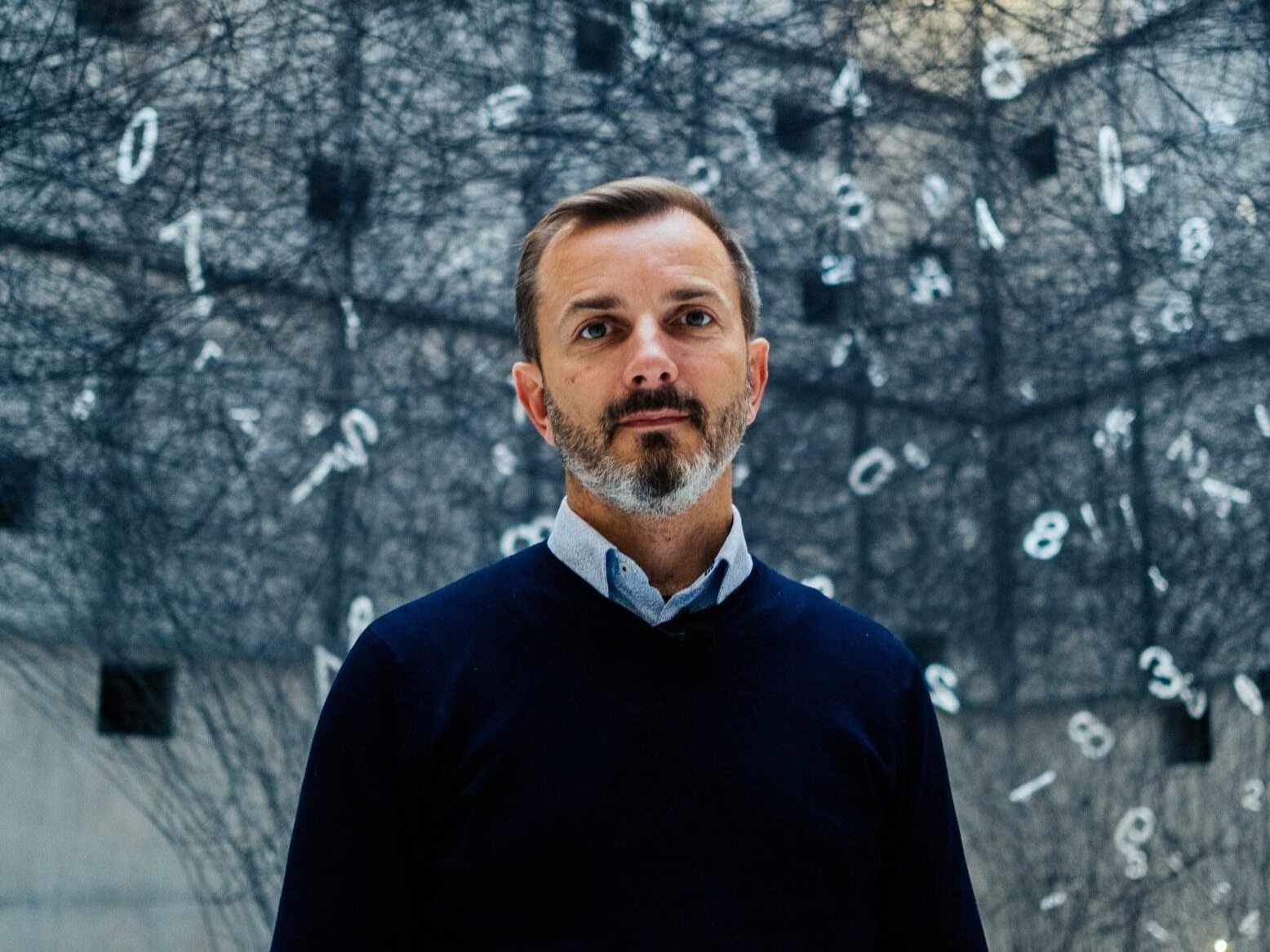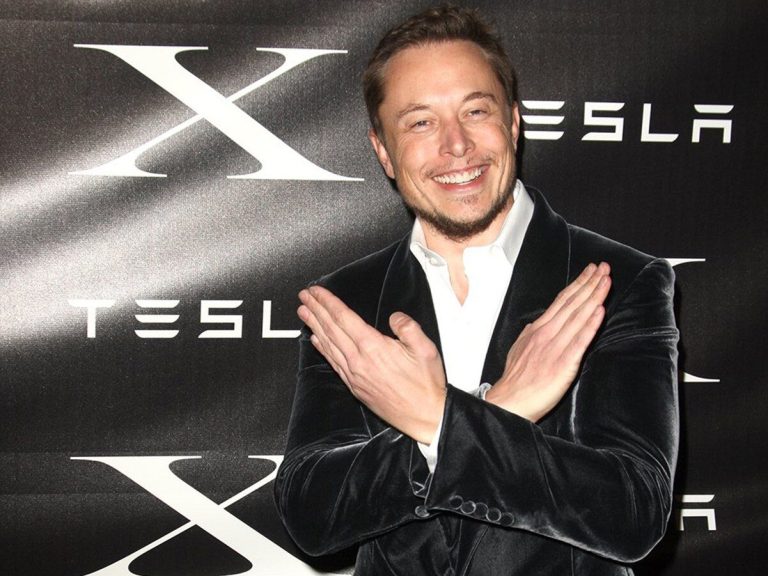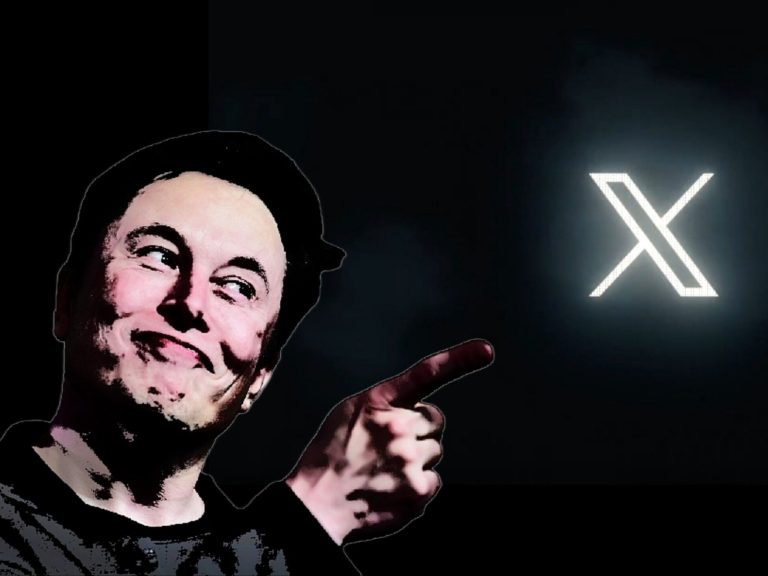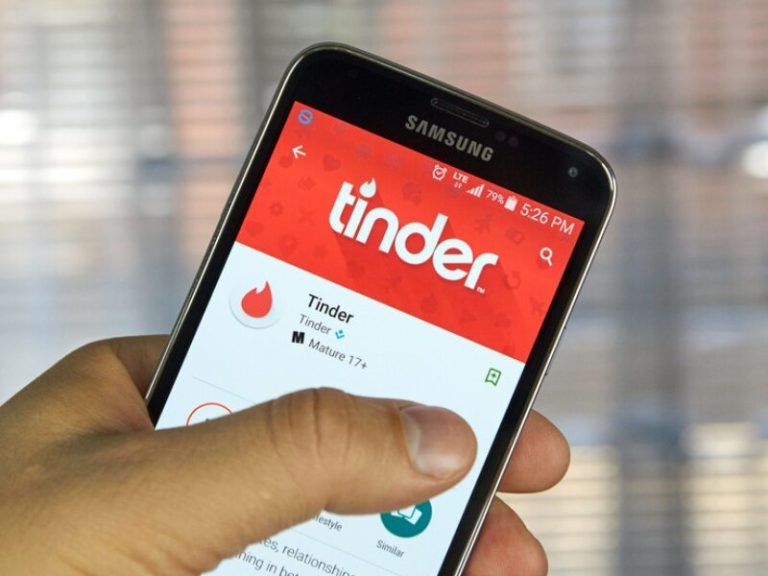Dr. Tomasz Rożek: Whining that the internet is full of nonsense is untrue

– When a situation difficult to interpret appears in the media space, the recipients write to me asking me to help them understand it. It fills me with pride, because it means that there is a large group of people who simply trust me. This is a huge commitment – assessed Dr. Tomasz Rożek, a journalist who has been popularizing science in Poland for years, in the podcast “People of Science”.
The guest of the next episode of the “People of Science” podcast produced by “Wprost” as part of the “Science is a Polish Specialty” series was the leading popularizer of science in Poland, Dr. Tomasz Rożek – physicist, journalist, author of numerous books, creator of the YouTube channel “Nauka. I like it”, which is now followed by over 670,000 people. people and a foundation popularizing science under the same name. In April 2022, Dr. Rożek became an advisor to the European Space Agency.
Dr. Tomasz Rożek: Being a scientist is useful for popularizing science, but not necessary
Dr. Tomasz Rożek is one of those popularizers of science who have had a serious scientific episode behind them. However, he himself believes that being a scientist is not a necessary condition for effective and reliable popularization.
– In times when obtaining information is child’s play, but verifying it is more and more complicated, indeed some scientific basis is helpful – believes Dr. Rożek. – But I know popularizers who do not have completed studies in the field they popularize, and yet they do it very well. I don’t think it’s necessary, but it helps a lot.
And what, according to the guest of the “People of Science” podcast, is the most important in effective popularization? – Openness and curiosity. These are not special features only for popularizers. If someone wants to popularize a field that is changing so fast, in which new information and new news appear almost every day, they must be a very interesting and very open person. Curious and having a kind of fascination with what is happening around – believes the scientific journalist. – If it does not have it, it will not be able to convey this fascination to its recipients. And it seems to me that for the recipients this is the most important thing – the feeling that the person who speaks or writes to them is very interested in it himself – she emphasizes.
Receiving the Science Popularizer Award in 2008 for the activities of the Silesian Science Café Association, Dr. Rożek stated that in a story about science, “the key to success is a simple, understandable message. You have to speak humanly.” Asked if years later he considered this definition to be valid, he said that “perhaps it is even more relevant today than in the past.”
– It is a guarantee of being listened to. If we want someone to listen to us, for someone to read us, we must speak the language characteristic of this group. He must be the basis. And this applies to absolutely every field – believes Dr. Rożek. – Of course, everyday language is a bit different from the language used by scientists. I am not talking here about syntax, grammar, but rather about some mental shortcuts, and certainly about many words, statements, definitions. They are sometimes very counterintuitive.
And are some fields of science more difficult to popularize? – Perhaps those that are the least intuitive as directions of research, seemingly the furthest from our existence on earth, such as quantum physics. But I don’t think there are drastic differences between different fields here, the populariser assessed.
In his opinion, however, it is very difficult to popularize what cannot be shown. – Theoretical sciences, quantum physics, elementary particle physics… It’s much harder to popularize. Not to mention math. And this is a paradox, because mathematics is the language used by the entire exact science, without which scientists would not be able to get along, and at the same time it is very difficult to popularize it – he emphasizes.
“It’s a huge commitment, but also a reason to be proud”
When asked for a list of the most popular topics among his audience, he stated that topics related to space exploration would be very high. – Although it is difficult for us to imagine the vastness of the universe, these numbers, energies or temperatures, it is quite easy to imagine a mission to another planet. In addition, astronomers and institutes related to astronomy make sure that the information obtained from various types of devices is quickly popularized. Therefore, if the Webb telescope takes a good picture in the morning, it really doesn’t take long for it to appear somewhere – he emphasizes.
Dr. Rożek, choosing the topics of subsequent materials, tries to keep up with what his recipients live. – But it’s not like the only topics that appear are the topics suggested by the audience. Very often I pursue topics that have not appeared in the comments at all – he emphasizes.
The guest of the “Ludzie Nauki” podcast revealed that there is something that makes him proud as a popularizer of science. – When there is a situation that is difficult to interpret, in which completely contradictory information appears in the general media space, the recipients write to me asking me to help them understand it. To sum it up, to tell you how I think it really is. It fills me with pride, because it means that there is a large group of recipients who simply trust me. It is a huge commitment, but also a reason to be proud – he assessed.
As an example, he gave many situations during the pandemic, information about Odra poisoning, or a few weeks ago in the United States, when a train with chemicals derailed and reports of strange balloons in the sky began to appear.
– In this maze of information, it is difficult to gather it together, to verify it. And this is part of the activity “Science. I like it”. Not just mine, but the whole team. Because in “Science. I like it” I’m not alone. And I understand that in such situations, it is difficult for a person who works, who, for example, has children and therefore a lot of things to do, to verify information. And I’m glad that then such people come to “Nauka. I like it”. Then, seeing that there are questions or suggestions, I try to implement them – he emphasized.
TikTok and the popularization of science
It seems that shorter, much faster content is more popular on the internet today, as exemplified by the impact of short TikTok videos on other social media. We asked whether it is possible to reliably popularize science in such forms.
– Short form is not a place for popularization. The short form is rather a place for curiosity, a place to cast a fishing rod. Indeed, “Science. I like it” has an account on TikTok, we also create the so-called. shorty, but our main goal is still to create longer videos – emphasizes the journalist, adding that in recent years the videos on the channel have even become longer.
– There are many topics that cannot be presented in a short form. I try to diversify: what can be done without damaging the subject itself, I do. Sometimes it happens that I devote both a long and a short form to a certain topic. Sometimes a short one is an invitation to a long one, the scientist clarifies.
Dr. Rożek believes that there are many scientists on the Internet who can be recommended to popularize science to a wider audience.
– There is a lot of popular science content on the Internet. They don’t have and probably never will have such viewership as entertainment content. But maybe that’s ok. People have never been interested in science en masse, except for a few situations, such as landing on the moon, believes Dr. Rożek. – But it’s good that the digital world, among many disadvantages, has a great advantage, i.e. unlimited access to information. Whining that the internet is all nonsense and you can’t find anything smart is simply not true. If someone says that, it means that they didn’t even lift a finger to reach this smarter content – he adds.
We also asked for specific channels and scientists to follow. – I recommend channels such as “Naukowy Bałkot” or “Astrofaza” – lists Dr. Rożek. – I also recommend popularizers who do not have their own channels, but they popularize science in a very competent way. Such people are, for example, Prof. Andrzej Dragan, prof. Christopher Meissner. Łukasz Lamża, who has his own channel, but is also known for his books. These are people who are definitely worth following in my field – he assessed.






